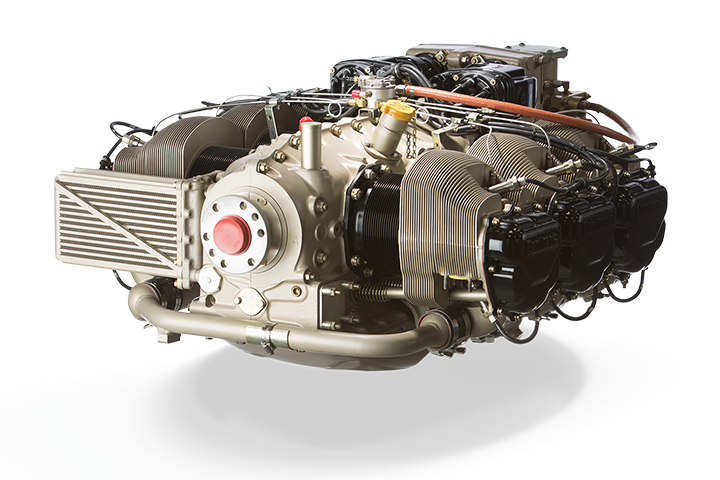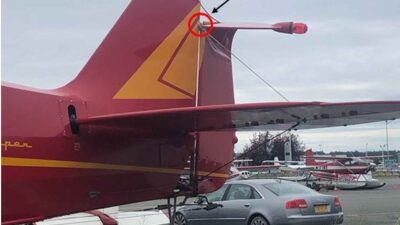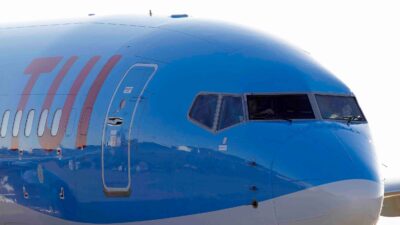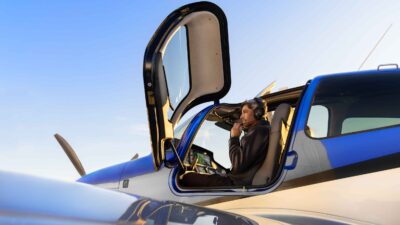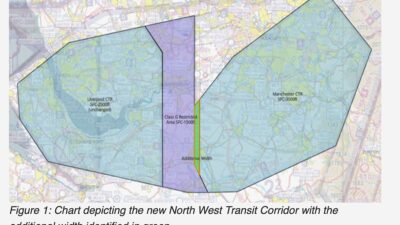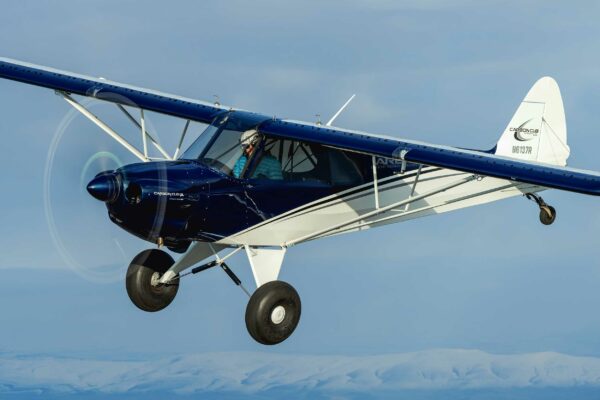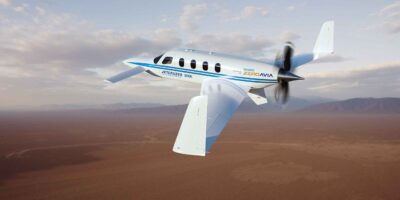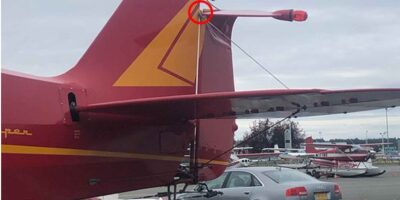The engine problem that prompted Cirrus to ground some of its SR22T aircraft earlier this month has escalated into a full Airworthiness Directive from the US authority, the FAA. It grounds any aircraft powered by the affected engines.
The issue with the Continental engines involves improper installation and inspection of counterweight retaining rings in the engine crankshaft counterweight groove during manufacture. Engines affected include those in the 360, 470, 520, and 550 series which are used by several aircraft manufacturers including Cirrus and Beechcraft.
The FAA has received reports of two ground engine seizures and one in-flight loss of engine oil pressure related to this issue.
“Loosening of a counterweight retaining ring may result in the loss of retention of the counterweight,” says the FAA AD. “This condition, if not addressed, could result in loss of engine oil pressure, catastrophic engine damage, and possible engine seizure.
“The FAA is issuing this AD to address the unsafe condition on these products.”
Continental’s original Service Bulletin said engines that had reached 200 hours were excluded. However, the FAA has overturned this threshold, saying “While the manufacturer’s service information excludes engines accumulating 200 or more operating hours, the FAA has not, as of yet, been provided with adequate data to support that exclusion.”
The Airworthiness Directive says 2,176 crankshaft assemblies are subject to the unsafe condition. The FAA estimates that of those 2,176 crankshaft assemblies, 1,632 are installed on aircraft of U.S. registry. The FAA estimates that 544 engines will need to remove one cylinder, 544 engines will need to remove two cylinders, and 544 engines will need to remove three cylinders for compliance with this AD. Suggested costs are in this table:
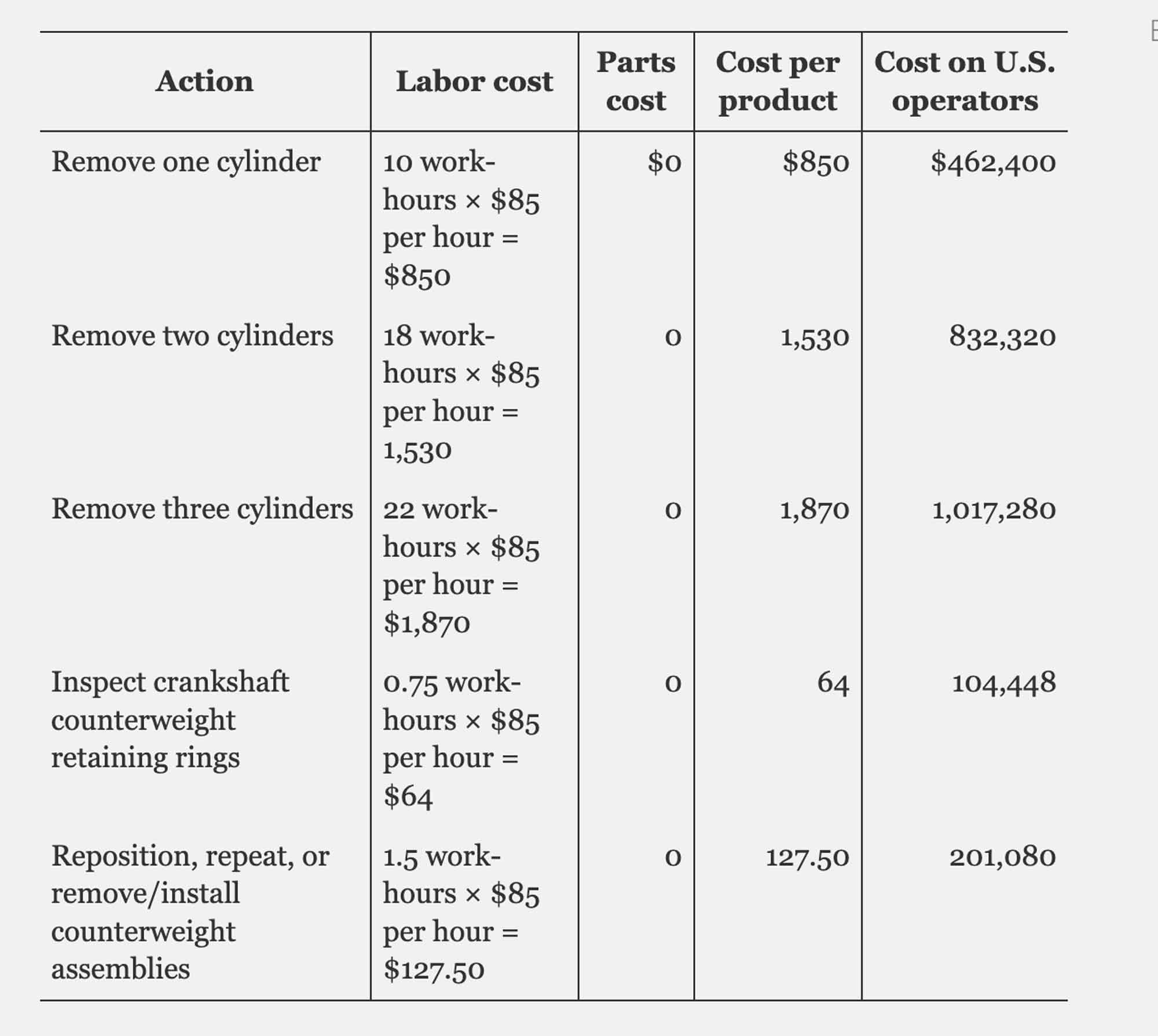
If an affected aircraft needs to be moved to a maintenance organisation, special flight permits may be issued to permit a one-time, non-revenue ferry flight, provided that:
(1) The engine oil filter pleats or screen are first inspected and there is no evidence of metal contamination; or
(2) An oil change has been done within the previous 5 flight hours, and there was no evidence of metal contamination in the oil filter pleats or screen.
FAA Airworthiness Directive


